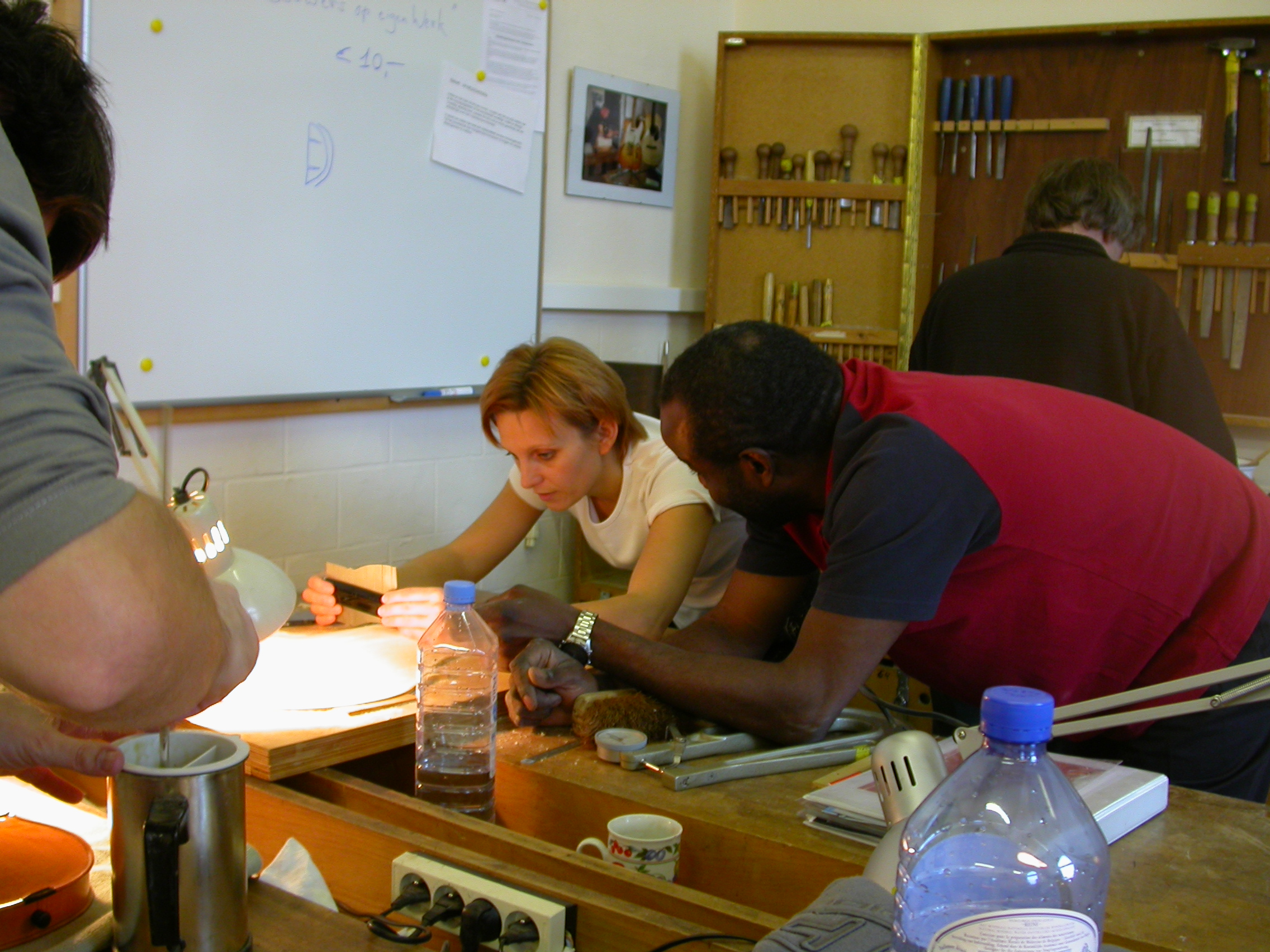Attention Deficit Hyperactivity Disorder (ADHD) affects millions of individuals worldwide, making it challenging for them to concentrate, manage time, and complete tasks. Whether in a classroom, workplace, or home setting, those with Own ADHD Solutions often struggle with distractions, impulsivity, and restlessness. However, there are effective strategies that can help individuals with ADHD develop focus and improve their productivity.


Creating a Structured Environment
One of the most effective ways to improve focus for individuals with ADHD is to create a structured environment. This includes organizing spaces to reduce clutter and distractions. For students, this might mean keeping a tidy desk and minimizing visual distractions like unnecessary decorations. For those working from home, establishing a dedicated workspace can foster better concentration.
Consistency is also key. Developing a daily routine helps individuals with ADHD know what to expect, which can reduce anxiety and improve attention. Setting specific times for work, breaks, and leisure can create a rhythm that enhances focus.
Utilizing Tools and Technology
In the digital age, technology offers numerous tools to help manage ADHD symptoms. Productivity apps such as Todoist, Trello, or Evernote can assist in keeping tasks organized and prioritized. Timers and reminders can also be invaluable; for instance, the Pomodoro Technique—working in short, focused bursts followed by brief breaks—can help sustain attention over time.
For those who struggle with forgetfulness, setting up alerts on smartphones or using calendar applications can ensure that important tasks and deadlines are not overlooked. Noise-canceling headphones or white noise machines can help drown out distracting sounds, promoting a better focus on the task at hand.
Mindfulness and Meditation
Mindfulness practices, including meditation, have been shown to improve focus and reduce impulsivity in individuals with ADHD. Mindfulness encourages individuals to be present and aware of their thoughts and feelings without judgment. Simple exercises, like focusing on the breath for a few minutes daily, can help cultivate a habit of concentration.
Mindfulness-based cognitive therapy (MBCT) is another effective approach. This therapy combines cognitive behavioral techniques with mindfulness strategies, helping individuals with ADHD learn to manage their thoughts and emotions, ultimately increasing their ability to focus.
Break Tasks into Manageable Segments
Individuals with ADHD can often feel overwhelmed by large tasks, leading to procrastination and frustration. Breaking tasks into smaller, more manageable segments can make them less daunting. Setting specific, achievable goals can provide a sense of accomplishment and motivate individuals to continue working.
For example, instead of stating, “I need to write a report,” one could break it down into smaller tasks: “I will gather research materials,” “I will write the introduction,” and “I will create an outline.” This approach not only enhances focus but also builds momentum as each small task is completed.
Incorporating Physical Activity
Regular physical activity is a powerful tool for enhancing focus and managing ADHD symptoms. Exercise promotes the release of neurotransmitters such as dopamine and norepinephrine, which are crucial for attention and motivation. Incorporating short bursts of physical activity into the daily routine—like a quick walk or a few minutes of stretching—can provide a mental reset and improve overall concentration.
Moreover, engaging in sports or exercise that requires coordination and focus can further develop attention skills. Activities like martial arts, dance, or team sports can provide both physical benefits and opportunities to practice focus and discipline.
Seeking Professional Support
For many individuals with ADHD, seeking support from professionals can be beneficial. Therapists, coaches, or ADHD specialists can provide personalized strategies and interventions tailored to an individual’s needs. In some cases, medication may also be prescribed to help manage ADHD symptoms, making it easier to focus and thrive in various aspects of life.
Support groups can also offer a sense of community and shared experiences, allowing individuals to learn from one another and develop new coping strategies.
Conclusion
Focusing with ADHD can be a significant challenge, but it is not insurmountable. By creating structured environments, utilizing technology, practicing mindfulness, breaking tasks into manageable segments, incorporating physical activity, and seeking professional support, individuals can enhance their ability to concentrate and thrive. With the right strategies and supports, those with ADHD can transform their challenges into strengths, leading to a more fulfilling and productive life.


